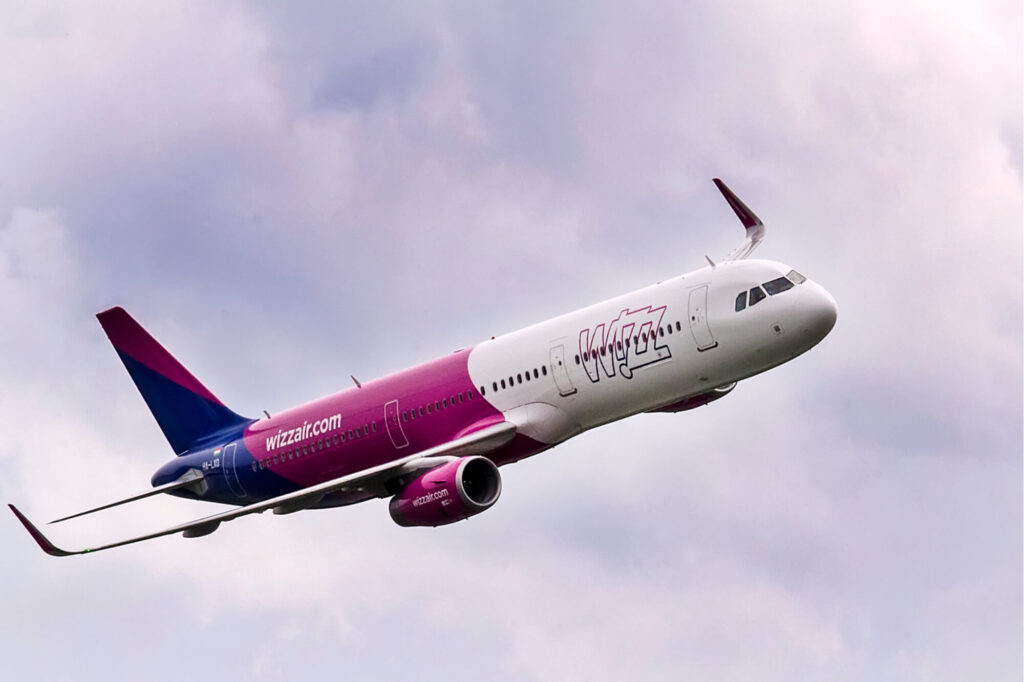Wizz Air is currently facing challenges from low vaccination rates in some of its core markets, the eastern European-focused carrier said on November 4, 2021.
“There’s a clear correspondence between vaccination rates and travel restrictions,” József Váradi told analysts after the airline reported financial results for the six months to September 30, 2021.
“Vaccinated people are pretty much free to move around Europe but non-vaccinated people are getting restricted. That poses some short term challenges on our network because eastern Europe is less vaccinated than western Europe.”
However, Váradi says eastern European markets are catching up in terms of vaccination rates and that the situation will be better by the end of the current winter period.
The carrier is also facing challenges from higher fuel costs and unfavorable currency rates, Váradi highlighted. Unlike European rivals such as Ryanair and Lufthansa (LHAB) (LHA), Wizz Air does not hedge its fuel needs to protect against rising prices.
Despite these short-term challenges, Wizz Air is planning to return to full operations from Spring 2022 and has brought forward aircraft deliveries. The airline has advanced Airbus A321neo aircraft from its orderbook and said it has extended leases “on highly competitive terms”.
Wizz Air currently has a fleet of 144 Airbus A320 family aircraft and wants to increase this to 170 aircraft by the end of September 2022. Long-term it plans to grow to 500 aircraft by 2030 and Váradi said an aircraft order will be made “at some point”.
The airline says capacity in its third quarter to December 31, 2021 will match 2019 levels, and exceed pre-pandemic levels in the fourth quarter.
“We are seeing airlines contracting capacity not only in winter but beyond. We are seeing a lot less capacity committed for next summer and this is the opportunity we are chasing,” Váradi said.
Like Ryanair, Wizz Air is seeing strong demand in peak holiday travel periods but “muted” demand at other times and predicts ticket prices will need to be stimulated.
It predicts a third quarter operating loss of around €200 million ($231 million) in the third quarter and says it may also make a loss in the final quarter.
In the second quarter to September 30, 2021, Wizz Air narrowed its loss to €6.5 million ($7.5 million) from a loss of €135.1 million ($151.9 million) in the same period of 2020.

